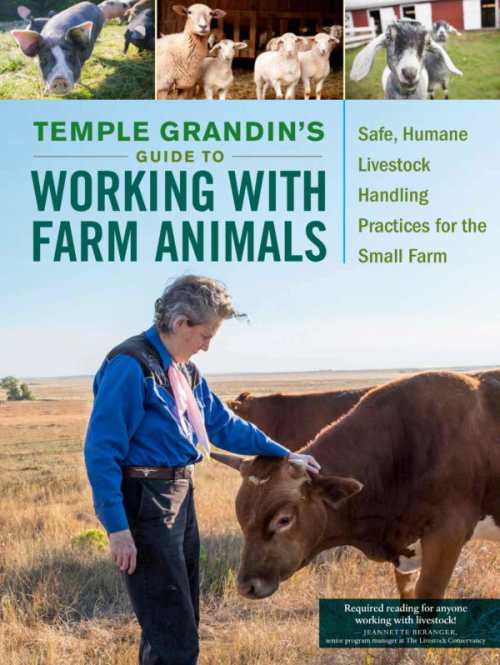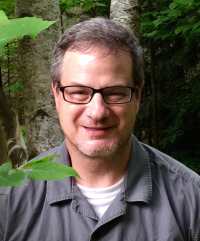Podcast: An Interview with Temple Grandin: 'Visual Thinker' and an Autism Icon
I first met Temple Grandin back in 1999, when I lived in New York. She was giving a lecture on humane treatment of animals at the Jewish Theological Seminary in front of a group of rabbinical students. She explained how her autism makes her relate to animals better than people because, like animals, she thinks in pictures rather than words. The way Grandin explained it at the time, she “lacks existential thinking” and has no idea what people are talking about when they use the term. She’s very literal-minded and sees “movies in her head.”

IndieVoices: Autism
I approached her after the lecture and told Temple about my daughter, who has Asperger’s syndrome and was seven years old at the time. She asked very matter-of-fact questions about her and I walked away knowing she really understood her on a practical level.
Over the nearly two decades since, Temple has acted as a kind of ambassador to the non-autistic world. The actress Claire Danes portrayed her in a movie, and Temple has written books about what it’s like to think in pictures and on humane treatment of animals. Her latest book is called Temple Grandin’s Guide to Working With Farm Animals: Humane Livestock Handling Practices for the Small Farm, published by Storey Publishing.
Listen to the entire interview here, or read some of the highlights below.
Interview Highlights
On the autism spectrum

Half of Silicon Valley’s got a little bit of autism, there are probably radio engineers at the station that got a little bit of autism. You probably wouldn’t even have a radio station without a little bit of autism. In the milder forms, it would just be personality variations.
On her special connection with animals.
I’m an extreme visual thinker, and when I started first working with cattle, and this is covered in detail in the book, I noticed that cattle going through chutes for vaccinations or going into the chute at a slaughter plant, would balk at a lot of little things like shadows, coats on fences, vehicles parked next to fences, things that most people did not notice. At the time that I started my research in the ‘70s, I didn’t know that other people were not extreme visual thinkers. As a person with autism, I’m an extreme visual thinker, and it was obvious to me to look at what animals were looking at.
Advice for others on the spectrum
I have older people coming up to me at the airport that are grandmothers and grandfathers that are going, ‘Oh, I’ve got a grandkid with autism and I’m finding out that I was probably on the spectrum.’ But this grandparent had a good job, because when he was twelve he was delivering papers and then later on he was working at the soda fountain or Dairy Queen or some other store and learning work skills. These teenagers need to learn work skills before they graduate from high school. Really important. You can make a gradual transition from the world of school to the world of work.
You can also subscribe to all our IndieVoices podcast episodes on iTunes and Soundcloud.

Howard Lovy is executive editor at Foreword Reviews. You can follow him on Twitter @Howard_Lovy
Howard Lovy
